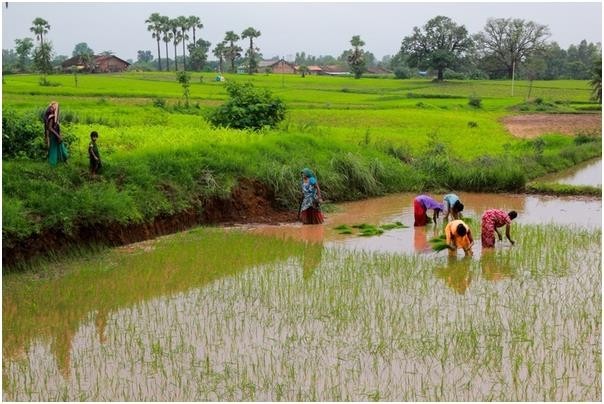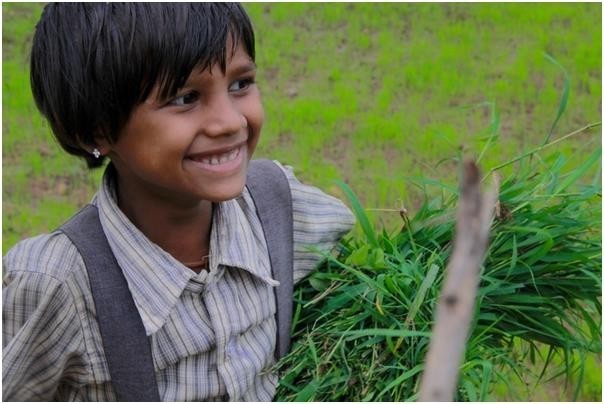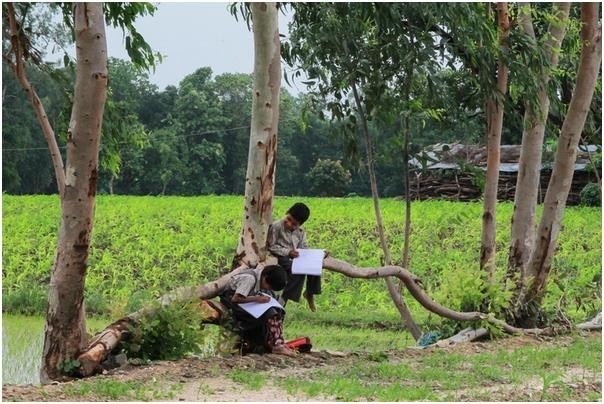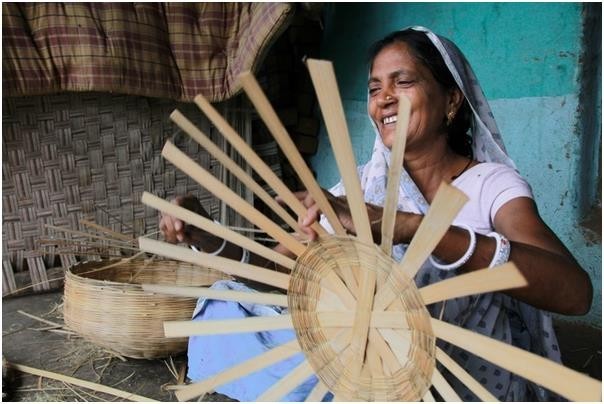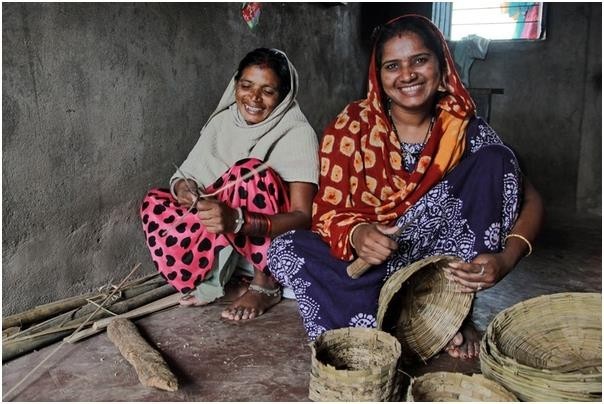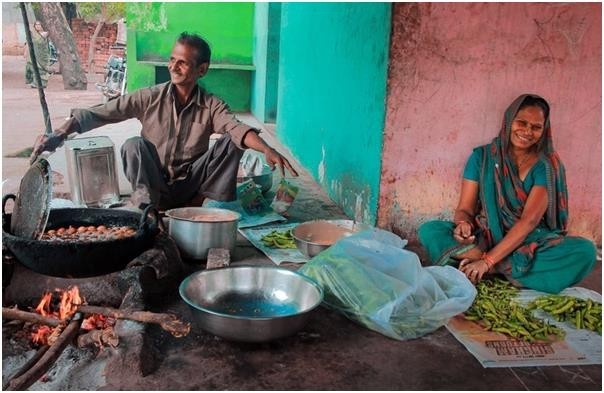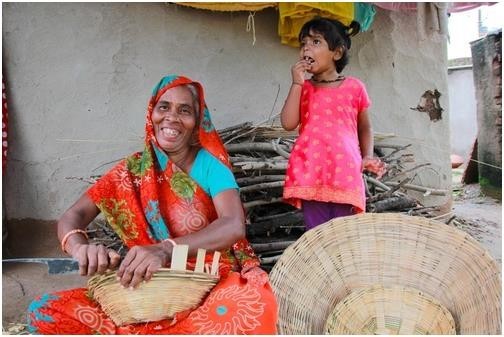How The Bhil Tribe Is Moving From Starvation To Progress Through Entrepreneurship
- One of the most ignored communities in the country, here’s how the Bhils, a tribal community spread across Central and Western India, are gradually moving towards a better life with a little help from NGOs and micro loans. From growing vegetables and earning higher incomes to sending their kids to school and becoming micro entrepreneurs, these traditional warrior tribes are changing their way of life to be able to survive in the competitive world.
A DESCENDANT OF WARRIORS
- sasili was born amid verdant green hills. Her mother let the frail newborn hear the sound of laughter. She placed her daughter on a heap of maize, for good luck. The girl grew up hearing tales of her brave ancestors, the warrior Bhils of Bhabra. She learned to use bow and arrow, to hunt. She learned to coax paddy out of the earth; it provided just enough to feed her family. She wove baskets to fill her grain in.
- But she did not attend school. That was not for her clan. As she blossomed from girl to woman, Sasili picked up the traits of her clan: proud, keen, determined. She fell in love, eloped, and her beloved paid a dowry in silver to marry her. But when her first child turned one, the reality of their situation hit her.
- She had carried the child half a kilometer into town to see the doctor. “Your child is malnourished and needs vegetables,” the doctor said. But she had no money for vegetables! Although they were hardworking, they had never been prosperous. And when the rains had played truant, they had no food. This was their Bhil way of life.
- The Bhils of Bhabra lived off subsistence paddy crops that left them impoverished.
- In an independent India, progress eluded them. The Bhils have lived in small villages spread across the states of Gujarat, Madhya Pradesh, Chhattisgarh, Maharashtra and Rajasthan. When living was a struggle, Sasili often wondered if there was a better way, if things could change.
SHE PLANTED A FORTUNE
- Prayas, a non-profit that empowers marginalized women, was the answer she sought. Operating in Madhya Pradesh and Gujarat, Prayas helps women to build sustainable livelihoods. To help them access affordable capital, Prayas works with Milaap to bring them microfinance crowdfunded by thousands of socially conscious people like you, across the world.
- “Prayas convinced us to farm vegetables on a third of our land. That year, our children’s health improved. And our vegetables, sold in town, brought in more money than we ever got for our paddy and corn. We were able to send our daughters to school,” shares a happy Sasili. The last part, particularly important: education can take Bhil children places!
- With their parents’ increased income, Bhil children can now go to school. Education can take them places!
HOPE FOR THE ARTISANS
- Mangudi, a Bhil artisan, sells baskets and brooms in the local market. Sagari and Sadhana make and sell baskets in Jhabua, MP
THEY CREATED A SYMBIOSIS
- Beyond trade, the symbiosis created new job opportunities for the Bhil women. Anjub Shahid, went from a jobless homemaker to an entrepreneur and employer as a result.
- Anjub bought a sewing machine with her first loan. She earned more orders, and used a second loan to buy materials. With her third loan, she bought two more sewing machines. Today, Anjub employs two Bhil women. They get a wage. She gets extra hands to fulfill orders and grow business.
- Anita Surshi and her husband sum up the symbiotic relationship established by Prayas between the tribal hamlets and the surrounding towns of Alirajpur, Jhabua, and Bhabra: “The Bhils provided a local supply of fresh produce at better rates. We made better profits, bought more, and earned
- more.” Anita and her husband run a vegetable stall and a fast-food joint in the town of Alirajpur, a marketplace where the Bhils have come for ages to buy their necessary goods.
- Anita and her husband run a vegetable stall and fast-food joint at the market in Alirajpur.
SO MANY MORE NEED YOUR SUPPORT
- Sharada from Bhabra, MP, weaves baskets to put her grandchild through school.
- Bebiben from Chandkheda, Gujarat, donated her kidney to her husband, and seeks support to earn her livelihood.

